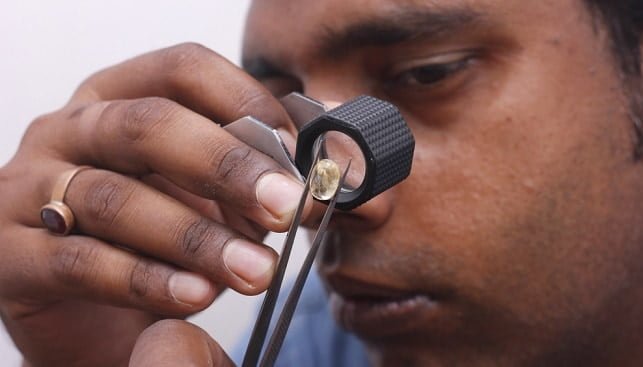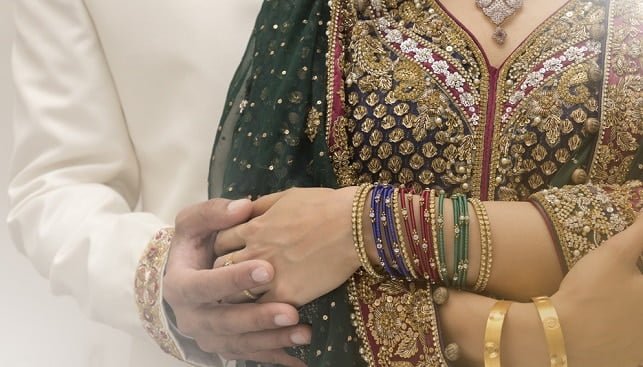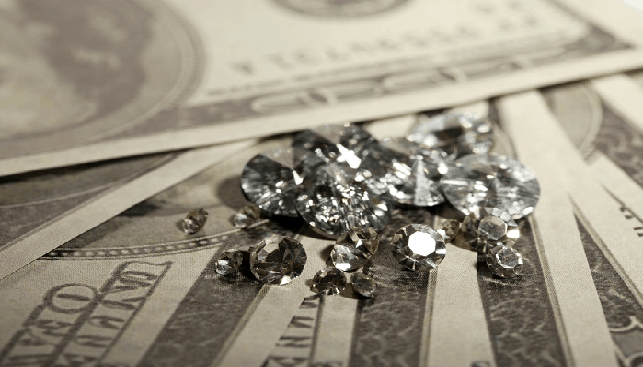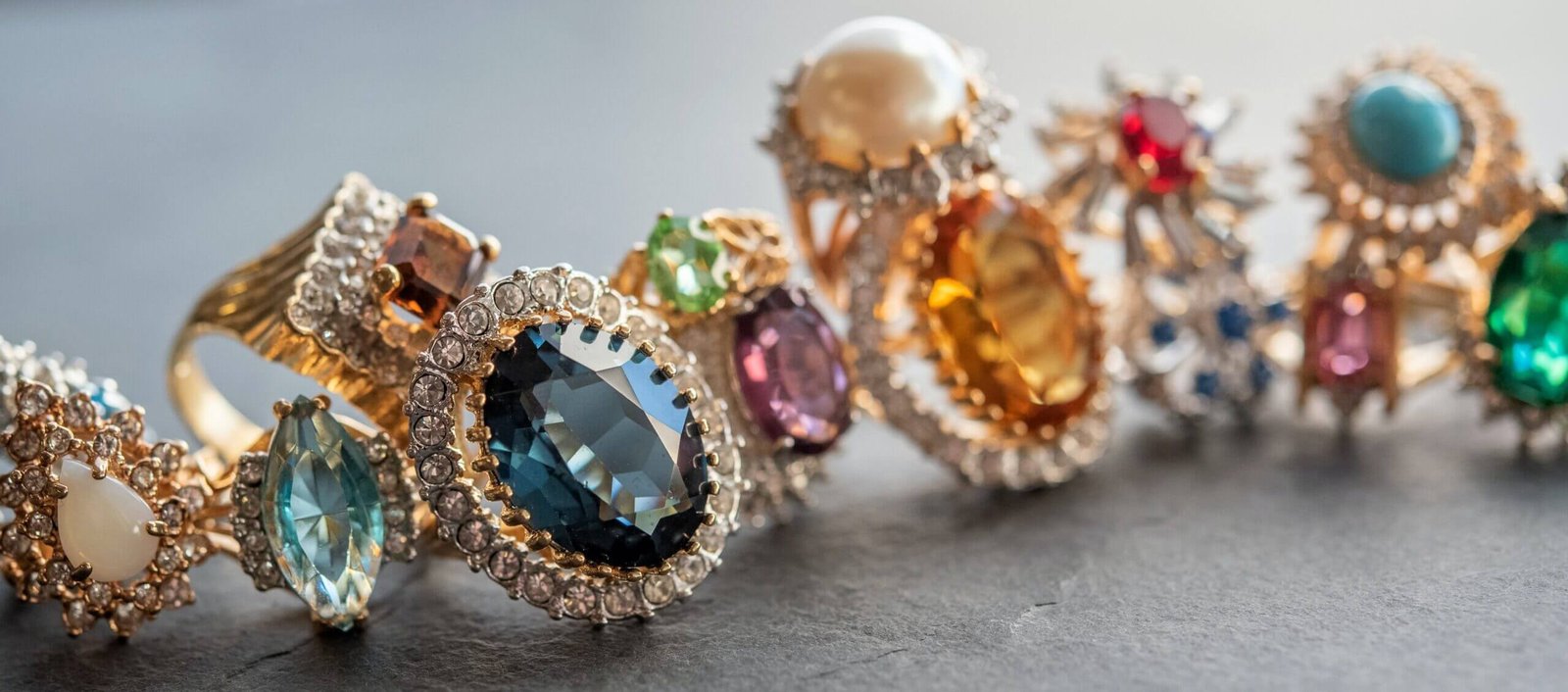Have you ever thought about how interconnected the world markets are and how one country’s economic hiccups can ripple across the globe? It’s fascinating, sometimes surprising, and often has far-reaching consequences. Today, we’re zooming in on such a case and rolling up our sleeves to dig into why China’s slow recovery from COVID-19 lockdowns is putting a dent in India’s diamond exports. Buckle up because we have an analysis that’ll gleam as brightly as the diamonds we’re discussing.

This image is property of en.israelidiamond.co.il.
The Domino Effect: From China to India
Let’s picture the scene. China, recovering sluggishly from its stringent COVID-19 lockdowns, is causing a stir. This slow recovery isn’t just a domestic issue; it’s sending shockwaves all the way to India. Vipul Shah, the chairman of India’s Gem and Jewellery Export Promotion Council (GJEPC), spells out the situation succinctly: “We’re battling weak demand, particularly due to China’s slow recovery from COVID-19. As a result, demand continues to fall.”
China’s Share in India’s Diamond Market
China isn’t just a casual buyer of India’s diamonds; it’s a heavy hitter, accounting for about a third of India’s polished diamond exports. Just for perspective, one-third is the equivalent of a big slice of the communal pizza—the kind that everyone fights over. So, when that slice is at risk, everyone gets a bit anxious.
| China’s Share | Impact |
|---|---|
| One-third of exports | Major contributor to sales volumes |
The Numbers Tell the Story
Sometimes numbers are dry, but these here are telling quite a tale. In May, India’s polished diamond exports plummeted nearly 15%, amounting to $1.47 billion. That’s a significant drop and far too steep to be brushed off as a mere hiccup.

Strategic Moves by the GJEPC
When the going gets tough, the tough get creative. The GJEPC isn’t sitting idly by, twiddling its thumbs. Instead, it’s pushing for some strategic changes to navigate these choppy waters.
Direct Sales in Special Notified Zones
Firstly, the GJEPC is urging the Indian government to permit direct sales of rough diamonds in Special Notified Zones (SNZs). Currently, these SNZs are like a fancy viewing gallery of art: you can look, but you can’t touch—transactions aren’t allowed. Imagine if you could just buy that dazzling piece right off the gallery wall!
Bringing Back the Diamond Import License
Another significant ask from the GJEPC is the reintroduction of the diamond import license. This license would smooth the movement of cut and polished diamonds across borders, essentially serving as a passport for these precious gems.
Adjusting Duties on Metals
Let’s not forget the hefty duties on precious metals. Right now, the duties on gold, silver, and platinum stand at 15%, 10%, and 12.5%, respectively. The GJEPC is calling for these to be adjusted to a flat rate of 4%. Just think of it as cutting down the toll fee on the road to boost traffic.
| Current Duty Rates | Proposed Flat Rate |
|---|---|
| Gold: 15% | 4% |
| Silver: 10% | 4% |
| Platinum: 12.5% | 4% |

This image is property of en.israelidiamond.co.il.
Understanding the Broader Context
So, why does a slow recovery in China impact India’s diamond export market so significantly? For that, you need to look at the broader context of global trade, cultural preferences, and economic interdependencies.
Diamond Demand in China
China has a burgeoning middle class with a growing appetite for luxury goods, including diamonds. But with economic recovery dragging, discretionary spending is tightening. It’s kind of like the family that skips dessert to save on the grocery bill—those non-essentials suddenly seem less important.
Cultural Nuances
In China, diamonds are often integral to wedding traditions and significant life events. When the economy is robust, people are more inclined to splurge on such luxuries. But with uncertain times, even cherished traditions can stall.
International Trade Dynamics
This diamond conundrum also speaks to the larger reality of global trade. When one major player is off their game, everyone else feels the effect. It’s a bit like a band where every musician relies on the drummer to keep the beat—if the drummer’s off, the whole performance wobbles.

This image is property of en.israelidiamond.co.il.
Comparing with Other Markets
China isn’t the only game in town, but it is a big one. How do other markets compare, and why isn’t their demand compensating for China’s sluggish recovery?
The United States
The U.S. is another big buyer of Indian diamonds, but it has its own issues, influenced by rising inflation and changing consumer habits. With millennials and Gen Z prioritizing experiences over tangible goods, the demand for diamonds isn’t as reliable as it once was.
The European Market
Europe is stable but not growing rapidly. Their demand is more consistent but doesn’t offer the potential for large spikes that China does. It’s like having a steady yet uninspiring friend—good to have around but not exactly setting the party on fire.
Emerging Markets
Emerging markets like Russia and Middle Eastern countries do purchase Indian diamonds, but their volumes and economic stability don’t come close to matching China’s potential. They’re like the promising rookie on a sports team—full of potential but nowhere near the star player.

This image is property of en.israelidiamond.co.il.
The Road Ahead: What Can Be Done?
The GJEPC’s proactive steps are just the beginning. What else could be in the toolkit for India’s diamond industry to brace for ongoing uncertainties from one of its largest markets?
Diversification of Markets
Expanding into other robust markets could provide a safety net. India could focus on bolstering relationships with alternative markets, so a single country’s economic fluctuations don’t hold such sway.
Innovation and Technology
Leveraging technology could also provide an edge. From blockchain for tracking provenance to AI for cutting precision, technology can make Indian diamonds more attractive in a competitive market.
Enhanced Marketing Strategies
An aggressive global marketing strategy could rekindle the allure of Indian diamonds. Campaigns celebrating the craftsmanship and ethical sourcing practices can help shift consumer preferences back to this luxurious accessory.
Government Support
Lastly, government intervention, beyond just regulating sales and duties, could offer financial incentives or subsidies for the diamond industry to weather the storm.

This image is property of en.israelidiamond.co.il.
Wrapping up the Sparkle
So, here we are, peering through the sparkling yet complex prism of the diamond trade. China’s slow recovery from COVID-19 is casting a long shadow over India’s diamond exports. With strategic moves by the GJEPC and a deeper understanding of the interconnected market nuances, India just might be able to polish away the dull spots and bring back the shine. The world may be vast and varied, but in the realm of diamonds, it’s crystal clear how closely we’re all connected.
